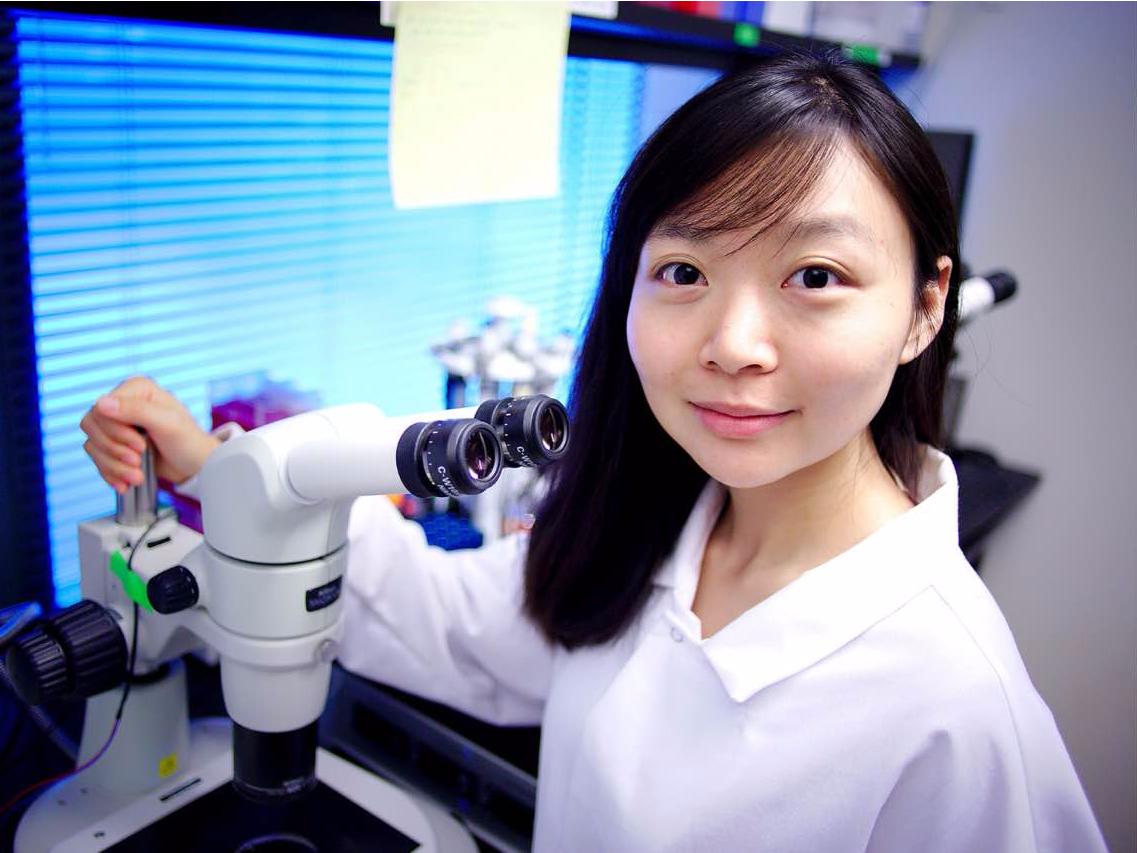Luhan Yang, 31, is making it safe to transplant pig organs into humans to help the hundreds of thousands of people waiting for transplants.

Courtesy eGenesis
Luhan Yang, chief scientific officer at eGenesis, was born and raised in China, where she studied psychology and life sciences before moving to the US to get her Ph.D. at Harvard. It was there where she met George Church and started working with the human genome, and ways to modify it, especially using the CRISPR gene-editing technology.
Her work in the lab led to her and Church in 2014 founding eGenesis, a company that’s using the CRISPR to make pig organs viable for transplants into people, an advancement that could impact the hundreds of thousands of people waiting for transplants around the world.
There are two huge hurdles to getting animal-organ transplants to successfully work in humans — a process known as xenotransplantation. The first is the virus, which in August the eGenesis team managed to get past whenit had produced 37 pigletsthat had inactivated Porcine Endogenous Retrovirus, or PERV. The work set a record for the most complex edits made with CRISPR. The virus, which is part of the pigs’ DNA, has been an issue for human-pig transplants in the past because of concerns that it could infect humans.
The second that Yang and eGenesis are still working on, is the immunology. Since the pig organ would be foreign to the body, the person’s immune system might try to kick it out, rejecting the organ. Those proved too challenging for a slew of researchers going after this subjectin the 1990s, but Yang is hopeful that her approach of building up the company’s platform will help researchers get to the heart of the issue.
The contribution the under-40 generation will have on medicine:Bringing in a more global perspective to medicine. For example, Yang’s background led her to work with xenotransplantation, she said, in part because of thehistorically limited accessto donor organs Asian countries have had for transplants.













